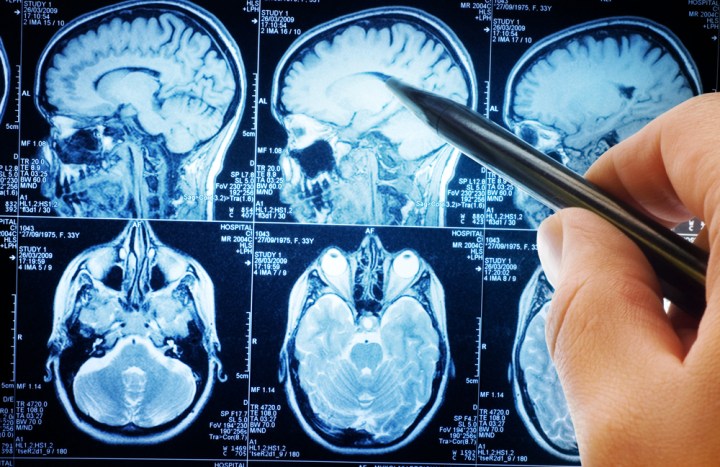
The research involves modifying neurons in the brains of sufferers of Parkinson’s, a long-term degenerative disease of the central nervous system which predominantly affects motor abilities. Up to 1 million Americans live with Parkinson’s disease, a number that’s more than the combined total of people in the U.S. diagnosed with multiple sclerosis, muscular dystrophy, and Lou Gehrig’s disease.
The inability of people with Parkinson’s to properly control their movement is the result of a shortage of dopamine, a chemical which plays an important role in signalling in the brain.
For many years, scientists have attempted to develop a Parkinson’s treatment allowing for lab-grown dopamine neurons to be implanted into the brain. The new research carried out at Karolinska Institute, published in the journal Nature Biotechnology, describes a possible way to do this by changing regular brain cells called astrocytes into ones that resemble dopamine neurons.
The project has been underway for six years, but is only now beginning to deliver on its promise.
In an experiment, a virus engineered to carry four genes for reprogramming astrocytes was injected into the brains of mice. After five weeks, the mice showed significant improvement in motor movements, including areas like walking. There were no unwanted side effects observed.
While there’s still a way to go until this could be used to treat Parkinson’s in humans, there is some evidence to suggest that this might be possible. That is based on the team’s use of the same four genes to convert human astrocytes into dopamine neurons in a dish. The next question to answer is whether this will work as effectively in an older, living human brain. If so, the research may represent a breakthrough in Parkinson’s treatment.


